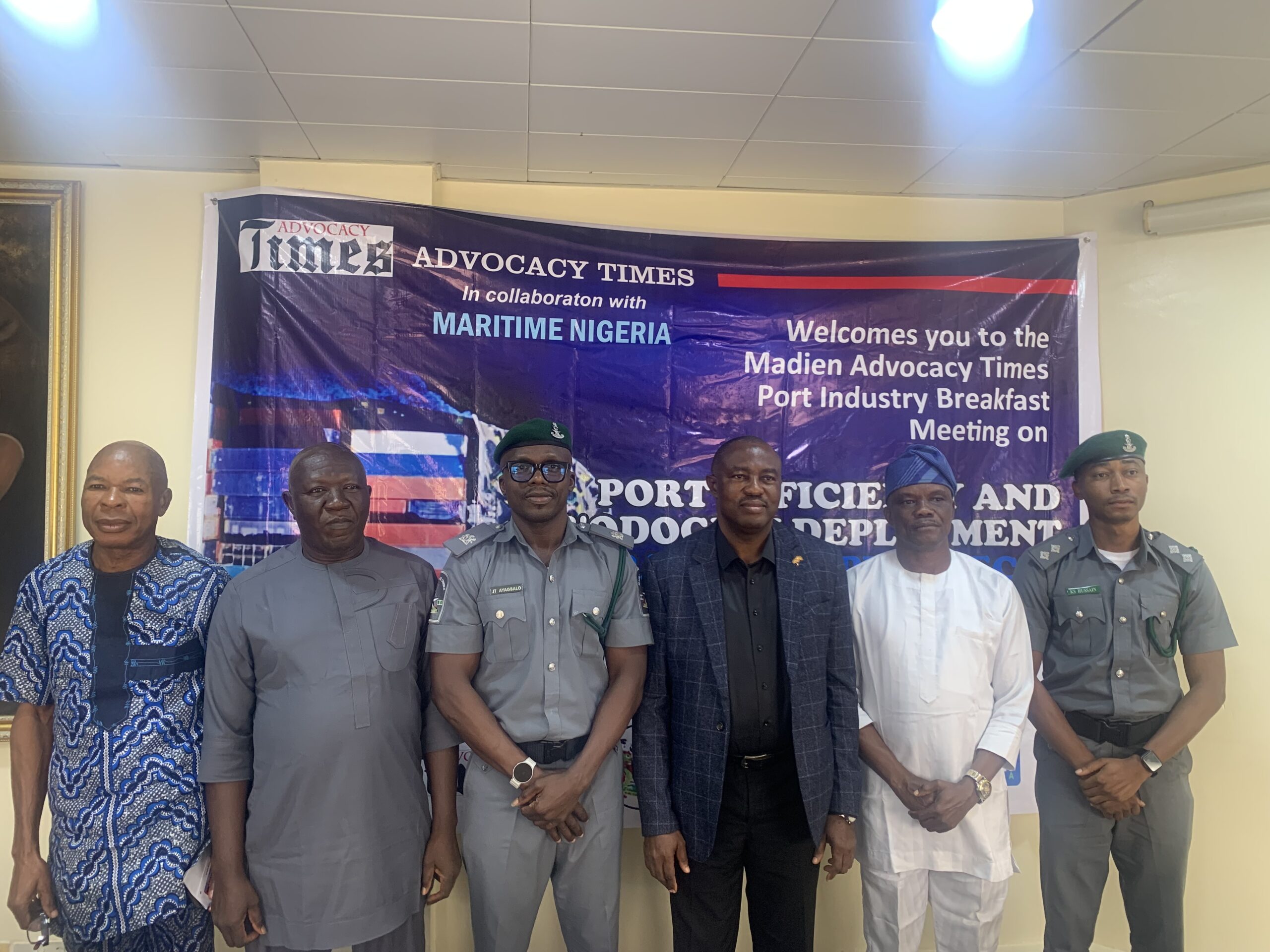
Maritime expert and Publisher of JournalNG Magazine , Mr. Ismail Aniemu, has strongly cautioned against the growing trend of politically motivated seaport development across Nigeria, warning that unless port infrastructure is driven by trade volumes, industrial demand, and economic logic, it risks becoming a monumental waste of scarce public resources.
Speaking during the Advocacy Times Port Industry Breakfast Meeting on Port Efficiency and B’Odogwu Development held on 14th August ,2025, Aniemu urged the federal and state governments to focus on optimising the country’s existing legacy ports rather than embarking on what he described as prestige driven new port projects.
He listed Nigeria’s legacy ports, Apapa, Tin Can, Warri, Burutu, Oko, Sapele, Calabar, Port Harcourt, and Onne ports as prime examples of existing infrastructure that have been grossly underutilised or neglected. According to him these ports once formed the backbone of Nigeria’s maritime economy but have been left to deteriorate due to poor maintenance, lack of modernisation, and absence of industrial activities to support them.
Aniemu expressed deep concern over the emerging pattern where nearly every coastal or riverine state is proposing to construct its own seaport regardless of whether the state has the industrial base, cargo generation capacity, or access to regional markets to justify such investment. He cited Bayelsa, Edo, Ondo, and Ogun States as examples of states currently pursuing seaport projects without clearly articulating the economic rationale behind them.
He warned that this approach mirrors what has already happened in the aviation sector, where several airports across the country exist as status symbols rather than as functioning, economically viable transport hubs. He referenced the Katsina Airport which, according to him, only comes alive during Hajj seasons or when political leaders from the state are in office as a prime example of infrastructure that serves political rather than economic purpose.
He described the Sapele Port as once a major export terminal for rubber and timber as a cautionary tale. Now converted into a naval engineering training school, the port no longer plays a role in commercial trade, highlighting the consequences of economic decline and underutilizstion of key infrastructure.
While acknowledging the desire of many states to participate in Nigeria’s maritime economy, Aniemu maintained that Lagos remains uniquely positioned as the country’s commercial and logistical hub. With its proximity to ECOWAS markets, the busiest airport in West Africa, and high volume land border access, Lagos naturally draws the largest cargo throughput in the country.
He added that efforts to expand port infrastructure within Lagos such as at Badagry make far more economic sense than duplicating port investments in states without trade capacity.
He commended the Lekki project as a model of economically driven infrastructure, already serving as a transshipment hub for cargo heading to Ghana, Côte d’Ivoire, Benin Republic, Togo, and Cameroon. The port, he said, proves that with sound vision, geographic advantage, and the right investment, Nigeria can reclaim leadership in West and Central African maritime logistics.
He contrasted this with the advanced port infrastructure already operational in smaller West African nations like Togo and Benin Republic, where port automation, port community systems, and multimodal connectivity are well established..
The maritime experts stressed that the path forward must include the rehabilitation of Nigeria’s existing legacy ports, particularly in regions where there is still industrial or agricultural potential . While advocating for massive investment in port automation, cargo handling infrastructure, and intermodal transport systems, as opposed to pouring funds into symbolic port projects that will end up idle or abandoned.
Secretary General of International Freight Forwarding Association of Nigeria ,Mr Tochukwu Nwanbueze called for sincerity, transparency, and economic justification in Nigeria’s infrastructure planning. He noted that the ongoing trend of pushing for new ports in nearly every state regardless of trade volume reflects a worrying disconnect between infrastructure investment and the country’s economic priorities. Citing examples like the underutilised Onitsha Port, which remains dormant due to its inability to accommodate large vessels, he highlighted the risks of pursuing projects without proper feasibility assessments or long term viability.
Nwanbueze stressed that proximity to existing functional ports, particularly in Lagos, should be leveraged rather than creating redundant and costly facilities in nearby states. While acknowledging that states like Ogun have products suitable for export, he argued that such cargo can be efficiently routed through Lagos ports, eliminating the need for separate seaports. He identified Badagry as one of the few new port developments with strategic merit, given its potential to complement Lagos’s existing capacity.
Assistant Superintendent of Customs I and B’Odogwu Implementation Officer at the Apapa Area Command, Khalid Salis Hussain, in his presentation said B’Odogwu was developed in response to long standing challenges within legacy systems such as NISIS II. He explained that the platform simplifies the clearance process by allowing traders to submit documentation remotely and track progress in real time.
Hussain emphasised that by improving transparency, security, and service delivery, the system plays a critical role in advancing port efficiency and driving the broader objectives of B’odogwu development . Adding that as Nigeria positions itself for greater participation in global trade, innovations like B’Odogwu will remain central to unlocking the full economic potential of its ports





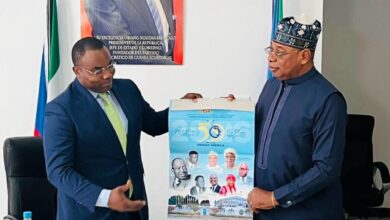
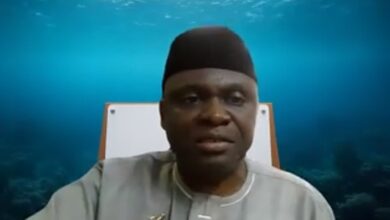
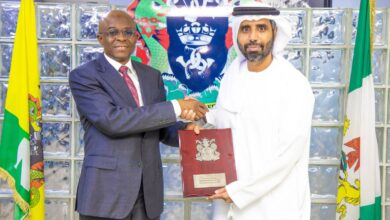
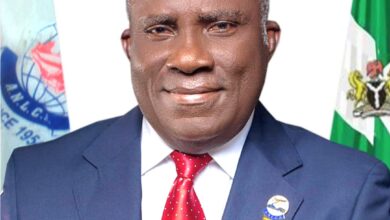
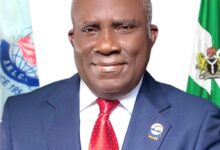
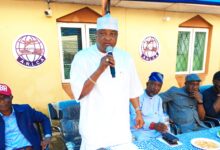
mjlnml